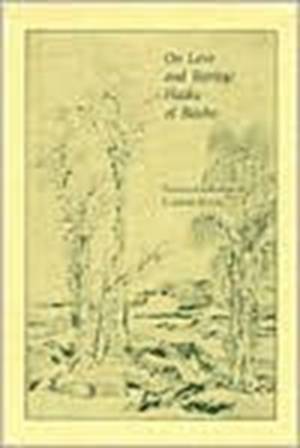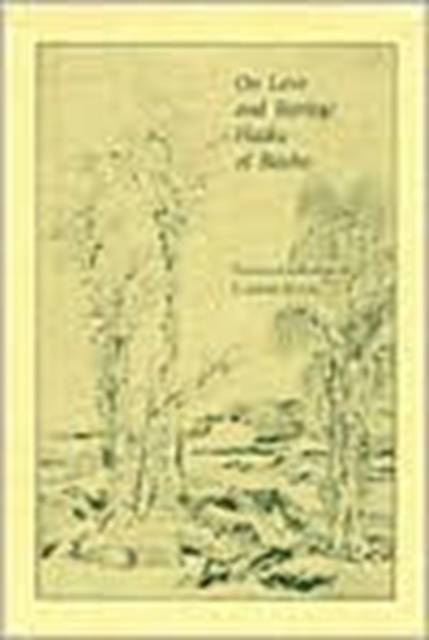
- Afhalen na 1 uur in een winkel met voorraad
- Gratis thuislevering in België vanaf € 30
- Ruim aanbod met 7 miljoen producten
- Afhalen na 1 uur in een winkel met voorraad
- Gratis thuislevering in België vanaf € 30
- Ruim aanbod met 7 miljoen producten
Zoeken
On Love and Barley
Haiku of Basho
Hardcover | Engels
€ 43,95
+ 87 punten
Omschrijving
In a thoughtful and perceptive introduction, Stryk sets the stage for an appreciation of what Basho's poetry has to offer, sketching his life, his times, his spirit. For most of his life Basho was a recluse. He lived on the outskirts of Edo (Tokyo) in a hut shaded by an exotic banana tree (the Basho). When he traveled, he relied entirely on the hospitality of temples and fellow poets. His poems were strongly influenced by the Zen sect of Buddhism and its ideals of lightness, detachment, and appreciation of the commonplace. Basho aspired to and achieved unity of life and art, his poems become inseparable from nature.
Specificaties
Betrokkenen
- Vertaler(s):
- Uitgeverij:
Inhoud
- Aantal bladzijden:
- 92
- Taal:
- Engels
Eigenschappen
- Productcode (EAN):
- 9780824810122
- Verschijningsdatum:
- 1/01/1986
- Uitvoering:
- Hardcover
- Formaat:
- Genaaid
- Afmetingen:
- 158 mm x 234 mm
- Gewicht:
- 290 g

Alleen bij Standaard Boekhandel
+ 87 punten op je klantenkaart van Standaard Boekhandel
Beoordelingen
We publiceren alleen reviews die voldoen aan de voorwaarden voor reviews. Bekijk onze voorwaarden voor reviews.







